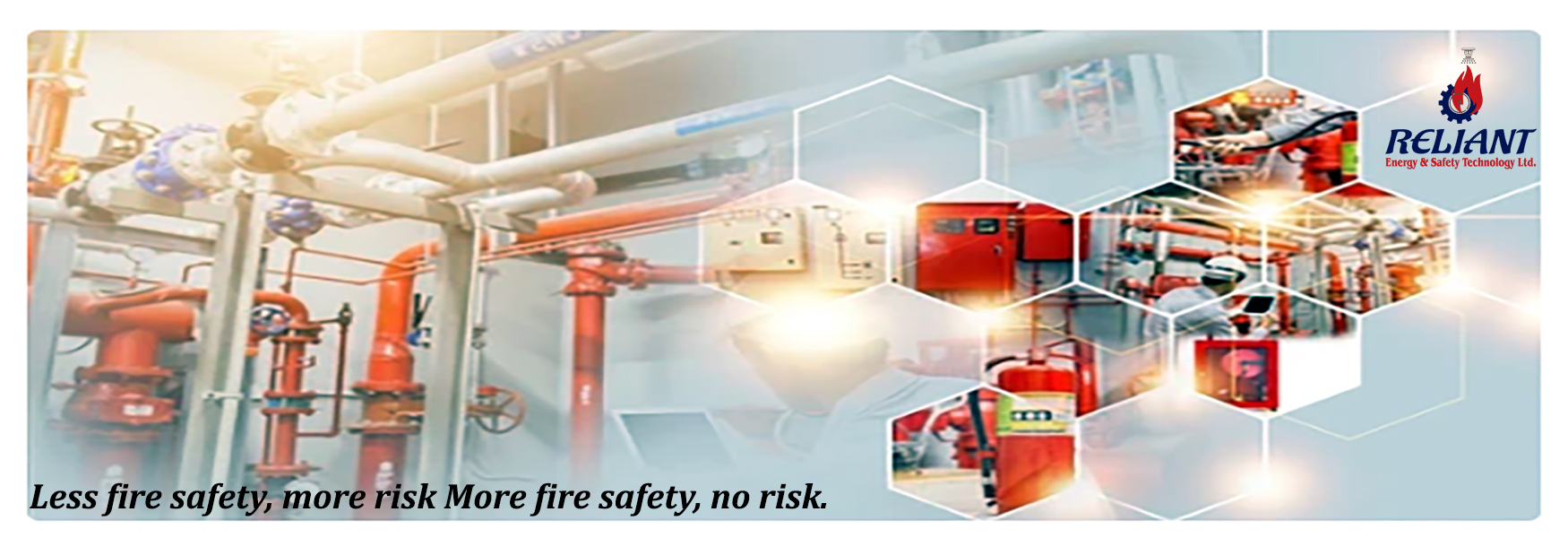Making sure people are safe at public events should be the first thing that people who host them do. Among the many things that event planners worry about, “Fire Safety in Public Events” is the most important. When it comes to preventing and reacting to fire-related emergencies, big events like music festivals and community fairs are all different. This detailed guide covers all the important parts of fire safety and gives event planners, place operators, and participants useful information and the best ways to do things. We talk about why proactive planning, fire prevention measures, emergency reaction protocols, and the use of modern technology can all help make fire safety better. It is not only the law, but also the right thing to do to understand and promote fire safety at public events, whether you are planning a small fair or going to a big show. This will save lives and make sure everyone has a fun, worry-free time.
Fire Watch Guards For Public Events
A very important part of making sure public events are safe and secure is having fire watch guards. It is the job of these trained professionals to keep an eye on the event area and put out any fires that might happen. Their job is to check fire safety tools on a regular basis, make sure that fire codes are followed, and report any fire hazards or incidents right away. Fire Watch Guards are trained to use fire extinguishers and other firefighting tools, and if needed, they can start the escape process. People planning and going to the event can rest easy knowing that there is a team whose only job is to keep everyone safe from fire. Fire Watch Guards are an important part of making sure that public events are safe, whether they’re a music festival, a fair, or a big get-together.
The Importance of Fire Safety in Public Events
Fire safety is very important at public events because it protects people and property, keeps the public’s trust, and makes sure rules are followed. It is necessary to keep people calm and safe during emergencies and to protect the event’s image.
Protecting Lives and Property: Public events have fire safety measures in place to save lives and protect property in case of an accident or fire. This shows how important it is to keep people safe and protect property.
Public Trust: Showing that you care about fire safety helps event managers build trust with attendees who expect a safe and well-run space, which makes them more confident in the safety measures at the event.
Minimizing Panic and Chaos: Good fire safety plans and processes make it less likely that panic and chaos will break out in an emergency, so people can leave quickly and calmly.
Compliance with Regulations: Following fire safety rules is not only the law, but it’s also the best way to make sure that public events are safe and stay out of trouble with the law.
Protecting the Event’s Reputation: Fire accidents can hurt an event’s image for a long time, so strong fire safety measures are important for protecting it. Image management is an important part of planning an event.
Potential Fire Hazards in Public Events
Public events can have fire risks, such as overloaded electrical equipment, open flames, cooking areas, smoking areas, not enough fire extinguishers, too many people, decorations that can catch fire, fireworks, and more. Finding and dealing with these risks is very important for event safety.
Electrical Equipment: Overloaded power outlets, bad wiring, and heavy use of electrical tools at public events can all cause electrical fires, so they need to be closely watched and maintained.
Cooking and Food Stalls: Areas where food is prepared and there are hot surfaces and grease are likely to catch fire. To stop cooking-related fires, it’s important to follow the right safety rules.
Smoking Areas: To keep cigarette-related fires from starting, smoking areas should have fire-safe trash cans and strict safety rules.
Lack of Fire Extinguishers: Lack of access to fire extinguishers or equipment that isn’t well taken care of can make it harder to put out fires, which shows how important it is to have fire extinguishers that work and are spread out in a way that makes sense.
Crowd Density and Evacuation Routes: Overcrowding can make it hard to get out of buildings during situations. For crowd safety and quick escape, it’s important to make sure there are clear paths and well-marked exits.
Tips for Fire Safety in Public Events
Make sure everyone is safe by doing a full fire risk assessment, making an emergency response plan, naming trained fire safety staff, putting fire extinguishers in easy-to-reach places, putting electrical safety first, and strictly following no-smoking rules. An event must have clear evacuation routes, frequent drills, and strict adherence to rules in order to be safe.
Fire Risk Assessment: Find places that could be fire dangers at events and take steps to keep people safe, protect property, and lower the risk of fire.
Emergency Response Plan: Make a detailed emergency action plan that includes ways to get out of the building, where to meet, and who is responsible in case of a fire.
Fire Safety Staff: Hire trained fire safety staff who will be in charge of keeping an eye out for and reacting to fire hazards. These people should have fire extinguishers and communication tools on hand.
Fire Extinguishers: Put fire extinguishers in strategic places and check them often, especially in high-risk areas, to make sure they are always available and working in case of a fire.
Electrical Safety: To keep the electricity safe for public events, use the right extension cords, don’t overload them, and check your equipment often to avoid electrical fires.
Conclusion
Finally, putting fire safety first at public events is not only the law, it’s also the right thing to do. It’s a big effort to protect people, property, and the event managers’ good name. We can make sure that meetings are safe and fun by taking preventative steps, having good emergency plans, and strictly following the rules. Fire safety is a shared responsibility that protects event attendees and builds trust in the community, which eventually makes public events successful and fun for everyone.

